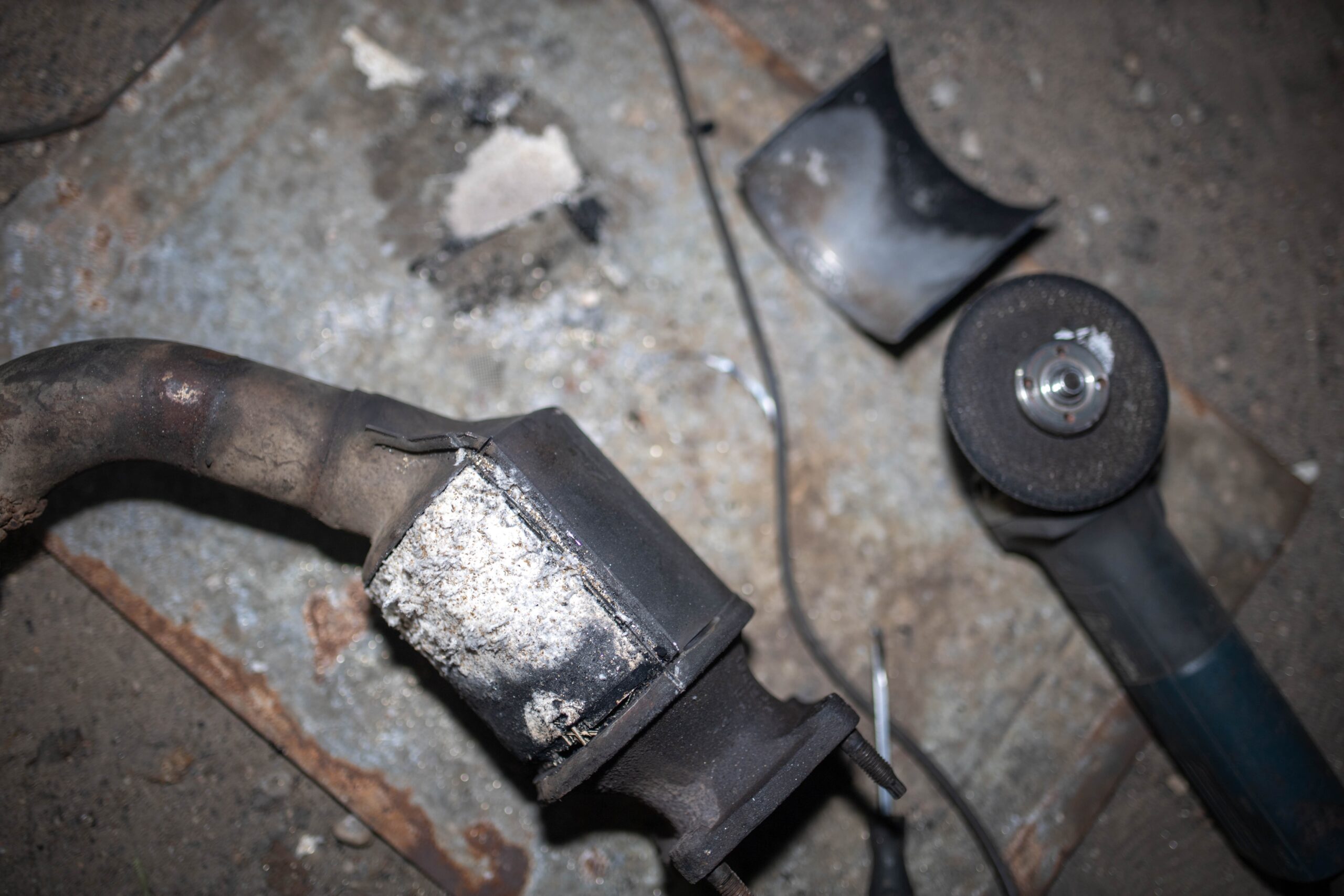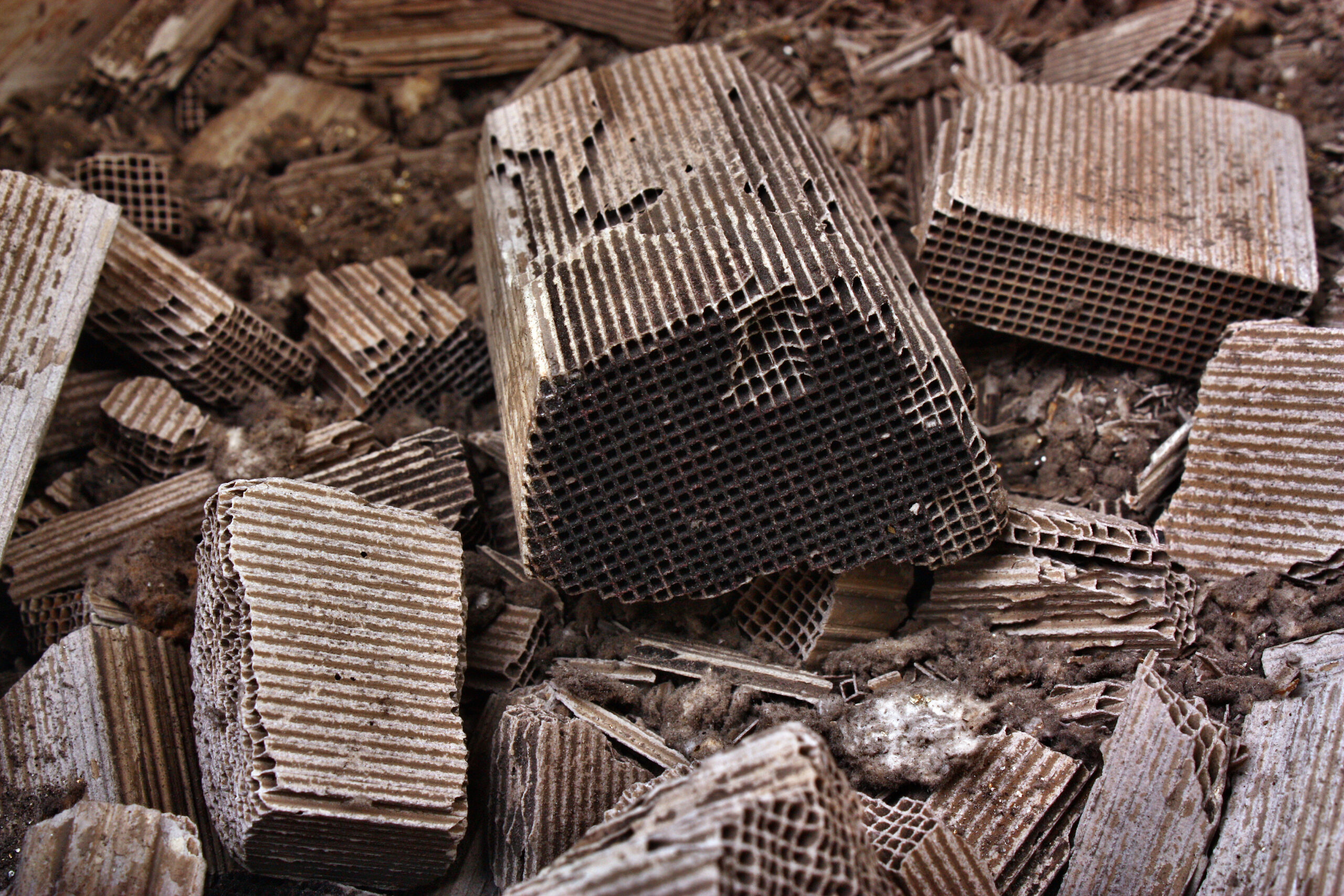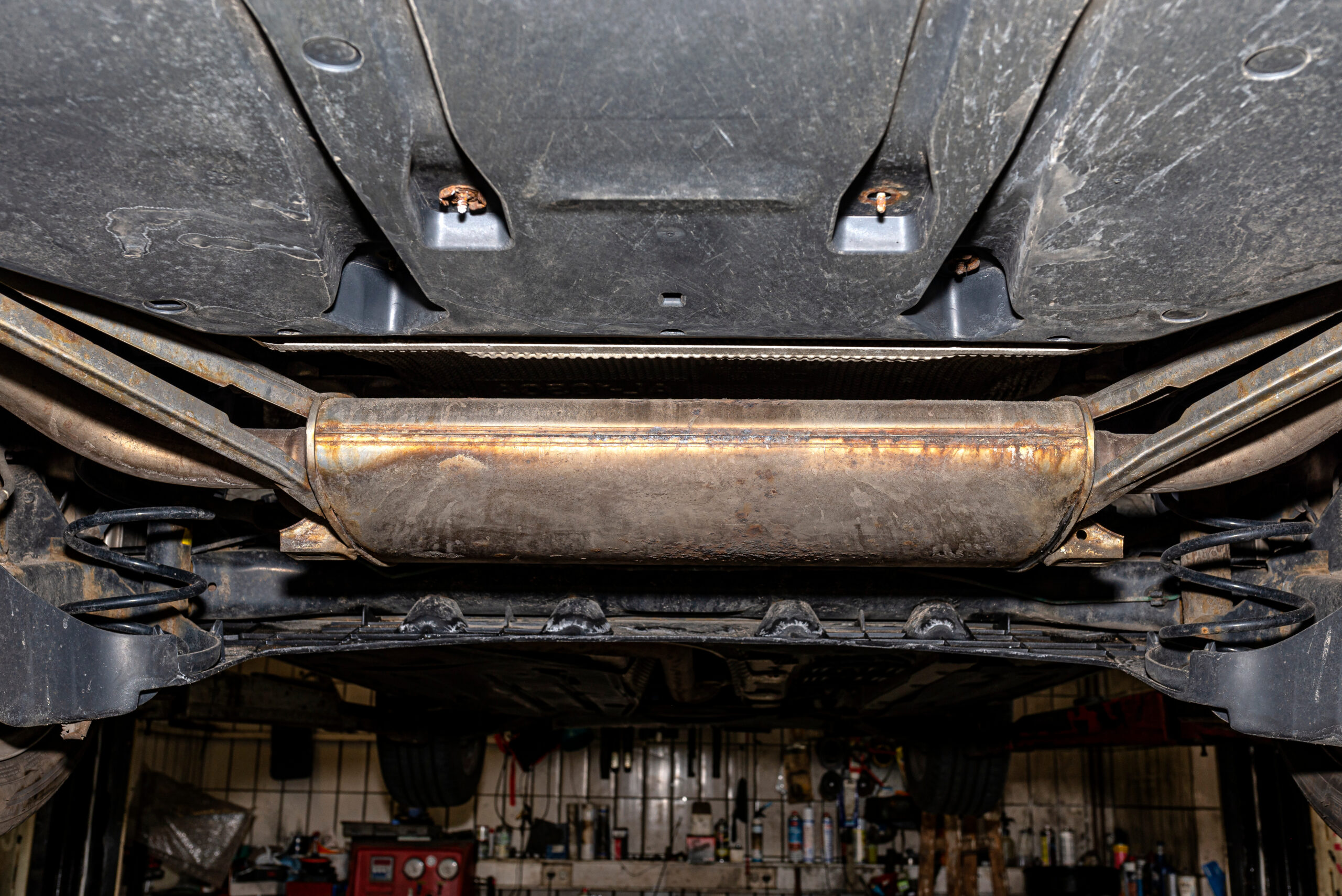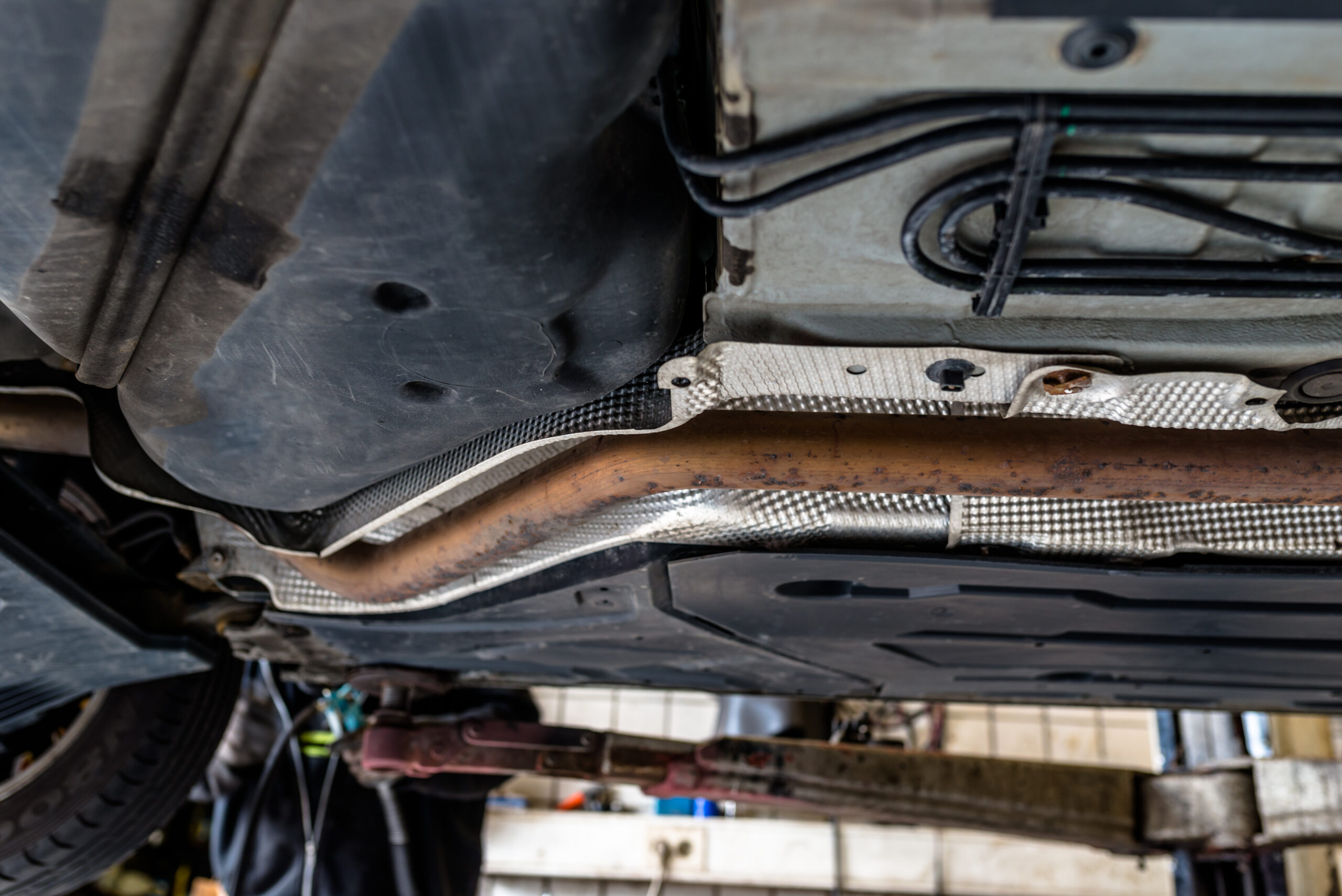The largest wholesale purchase of catalysts in Albania
WE RECYCLE CATALYTIC
CONVERTERS
Catalyst Recycling Plant
Our core business is the buying and processing of used ceramic and metal catalytic converters, as well as ceramic monoliths, across all car models.
Our extensive experience and long-term presence in the catalyst purchasing industry have allowed us to establish strong partnerships with the largest companies in the global catalyst recycling industry, including major steelworks and laboratories.
We invite you to visit our catalyst purchase center or contact our sales representatives located throughout Albania.
Trust us to provide you with a seamless and hassle-free experience when selling your catalysts.
We accept catalysts from all car models, providing our clients with a fair and favorable price list of catalysts and comfortable conditions of cooperation, such as straightforward catalyst valuation.
Why choose us?
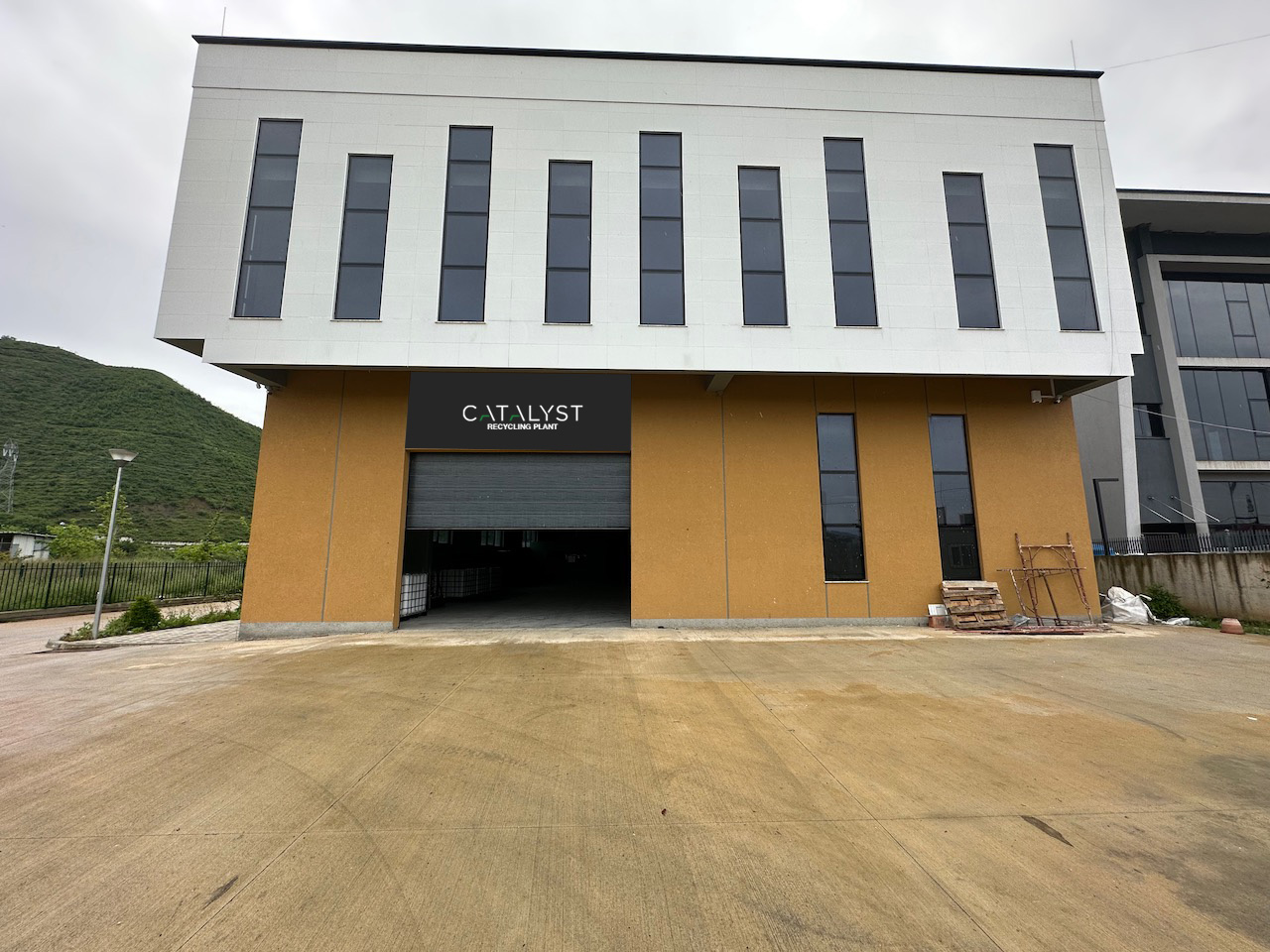
Catalyst Recycling Experts: Offering Unmatched Flexibility in Every Stage of the Process for Profitable Partnerships
Our ability to work with the biggest players in catalyst recycling at every stage of the process enables us to handle each order with great flexibility. We strongly recommend reaching out to our sales department through the contact tab so that we can establish a connection before embarking on a profitable partnership that will benefit both parties.
Wholesale and Retail Ceramic and Metal Catalysts Available Now!
It is understood that forming long-term relationships requires favorable cooperation. Our company purchases ceramic and metal catalysts, in both wholesale and retail quantities, ranging from individual pieces to kilograms (monolith). The prices of precious metals including platinum, palladium, and rhodium, as well as the exchange rates, significantly influence the cost of the catalysts.
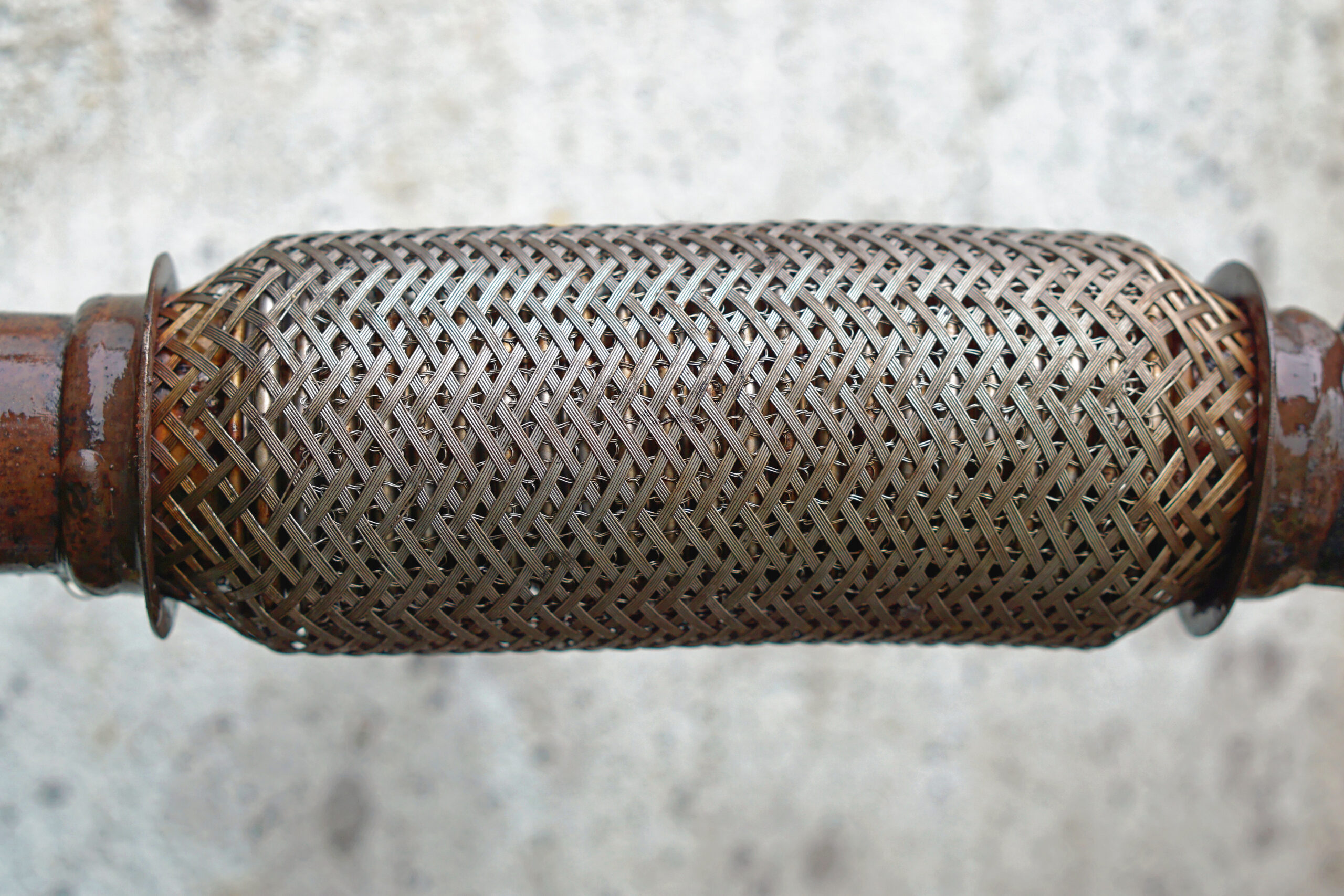
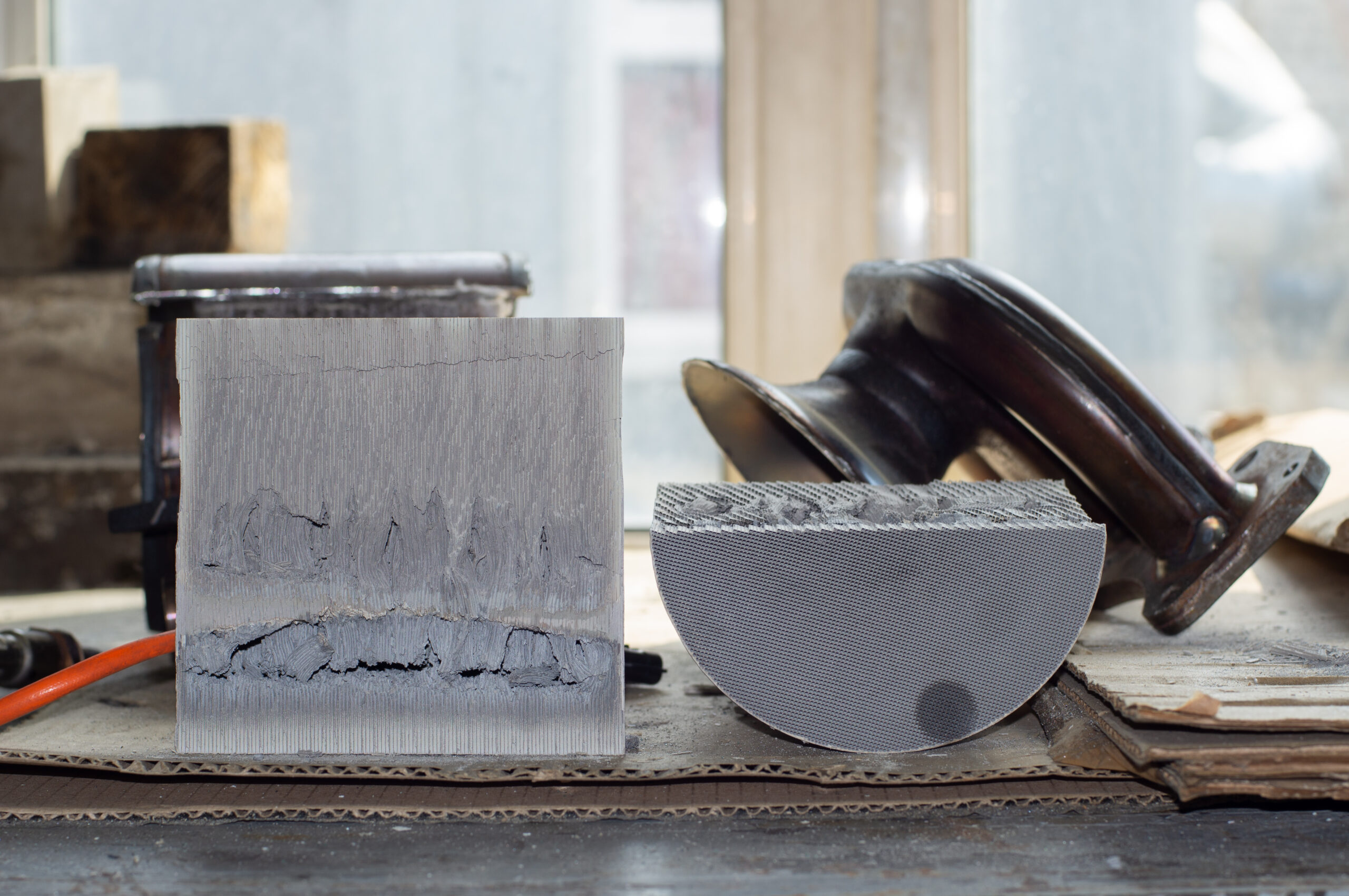
Our Unique Business Model Enables Competitive Prices for Wholesale and Retail Customers Through Our Own Transportation Methods
Our company is capable of collecting bulk orders from customers using our own transportation methods. What sets us apart is our business model which enables us to offer competitive prices for both wholesale and retail customers.
Frequently Asked Questions
Vehicle emissions are what a car emits through its exhaust system. When a vehicle’s engine is running it burns fuel which produces toxic gases as by-products. This includes nitrogen oxide and carbon monoxide gas.
The catalytic converter was invented around 1950 by Eugène Houdry to scale back the environmental impact of these toxic gases.
This invention has helped make emission from the vehicles less harmful to the planet.
Catalytic converters did not become so widely popular until more stringent emission control regulations were implemented globally.
A catalytic converter is a part of the car’s exhaust system. It is most commonly found attached to the motor before the exhaust. However, as there is a huge number of different brands, models, and types of cars, the location of catalytic converters may vary.
It is not uncommon to find more than one catalytic converter in a car’s exhaust system.
Catalytic converter recycling is a process that benefits the environment greatly. However, the positive impact it has on the planet is often overlooked in industry discussions as the primary objective for the seller is to earn an income. Discussions are usually centred around fluctuations in the price of the precious metals involved; platinum, palladium, and rhodium. When catalytic converter recycling companies talk about the recycling process for catalytic converters, we often dismiss what impact it has on the environment.
Pollution from the automotive industry grew at an alarming rate during the 20th century, with vehicle emissions becoming cause for worldwide concern and contributing to global warming.
The catalytic converter was invented around 1950 by Eugène Houdry to scale back the environmental impact of toxic gases such as nitrogen oxide and carbon monoxide gas.
By the 1970s it was mandatory for car manufacturers to include catalytic converters in the development of all new road vehicles. This requirement soon spread across the world as governments and academics began to understand the harmful effects of such gases on the environment.
The three main benefits of recycling scrap catalytic converters are:
- The preservation of finite resources - Reusing recycled components lowers the burden of extracting new materials from the earth through the exhaustive mining process.
- TA reduction in waste sent to landfills - Converters that are no longer used usually end up in landfills. Recycling catalytic converters prevents these components from taking up landfill space and from breaking down into tiny particles that can get into and pollute water sources.
- TCustomers can earn an income by selling scrap catalytic converters - The precious metals found in catalytic converters make them valuable assets that can provide a high return on investment. Each converter has a different quantity and grade of material, which we analyse carefully before making our customers an offer.
Yes, hybrid cars have a catalytic converter. Any road legal vehicle with a combustion engine should have a catalytic converter installed.
Catalytic converters in hybrid cars usually function for a longer period with the aid of electric power.
The extraction and preparation of precious metals is an extremely exhausting process for our planet.
It takes huge effort to extract rare metals from the earth. Many complex activities are involved in the process – deep tunnel digging, transport, chemical treatments and more.
By recycling catalytic converters correctly we help to reduce the stress our planet endures during these activities.
Not only is it a great way to help our planet to become more sustainable, but it is also a great opportunity to earn extra money or develop a second stream of income.
Work Like a Pro. Purchase Essentials.
Combine seamlessly fitting layouts, customize everything you want, switch components on the go!






